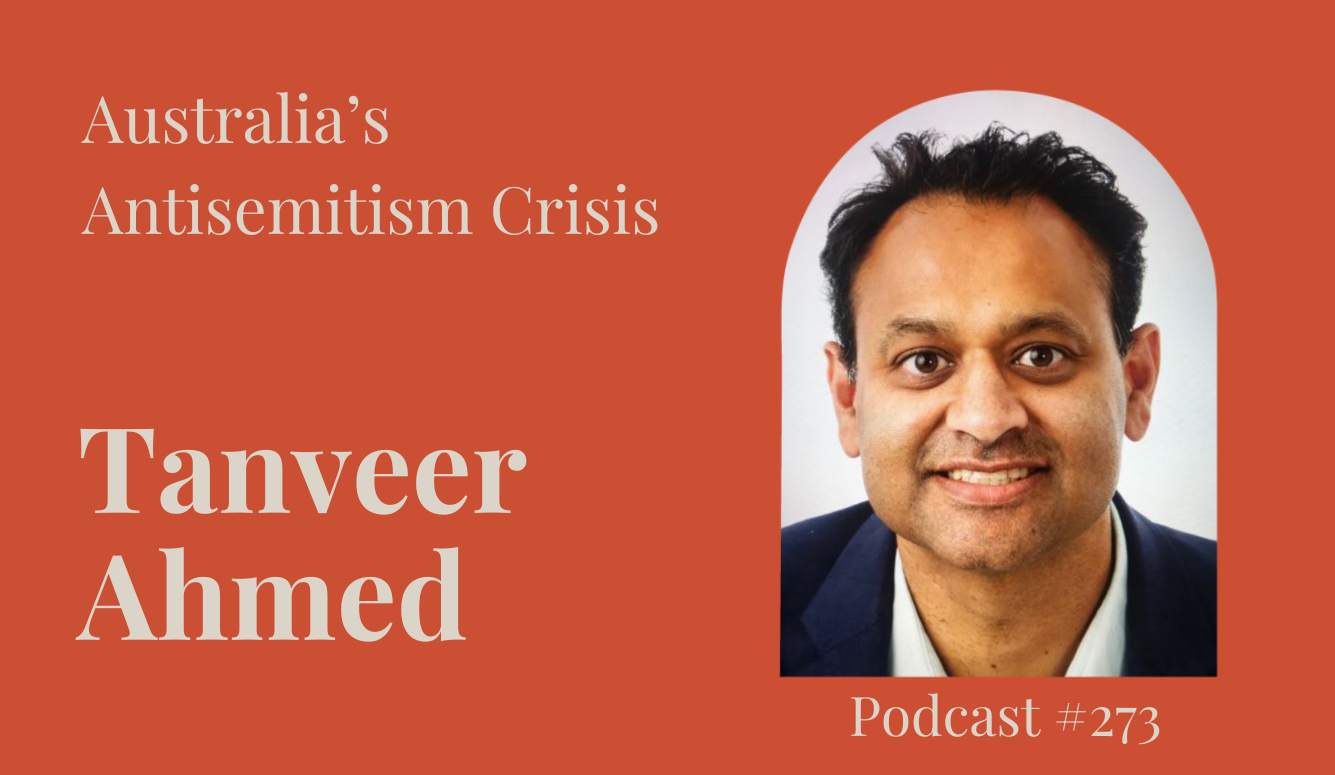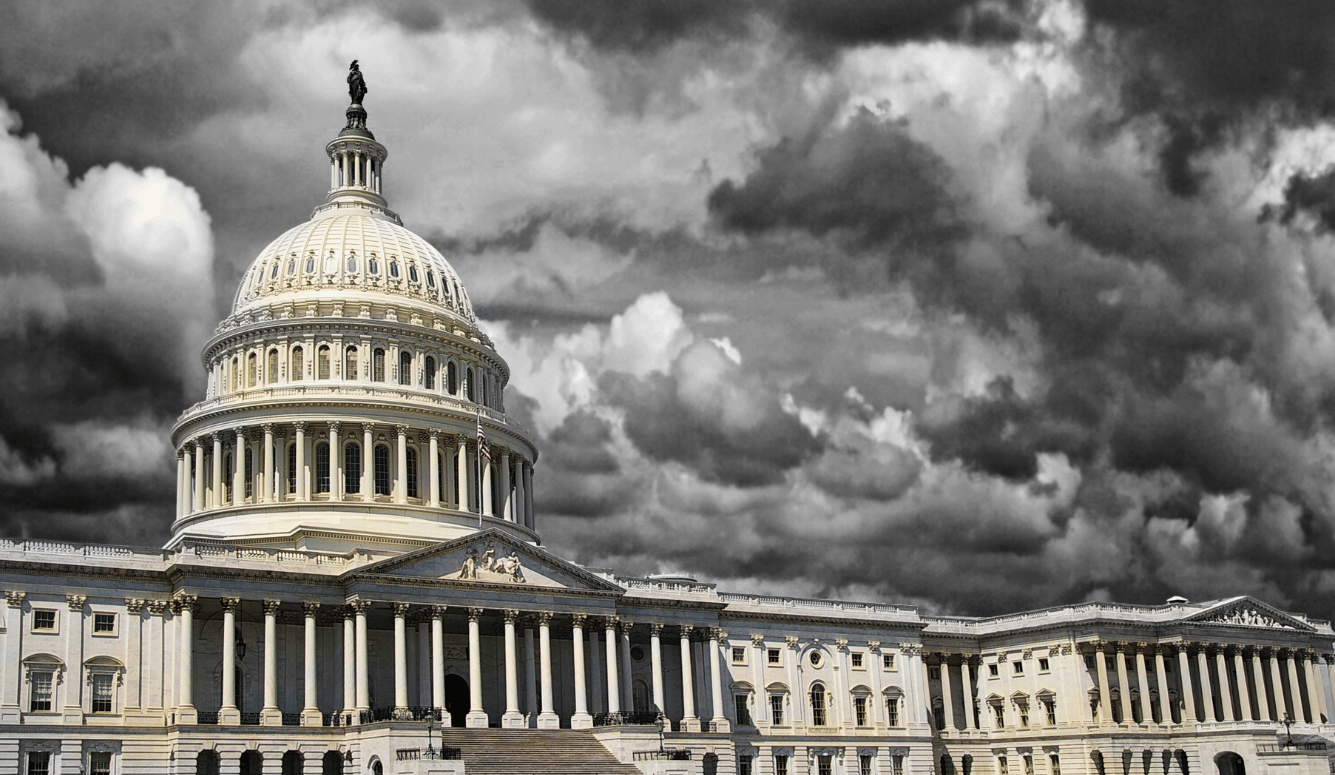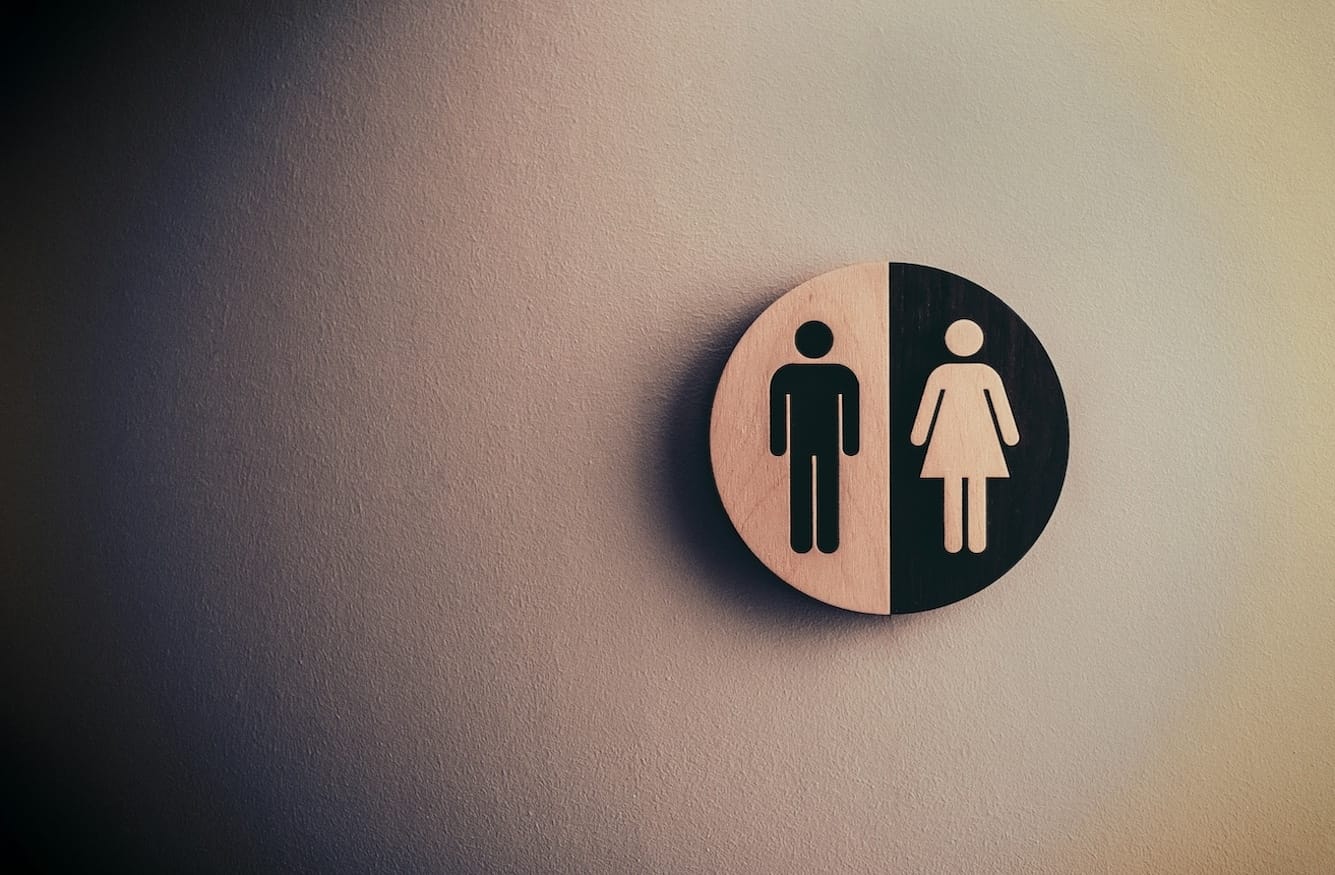Podcast
Podcast #273: Australia’s Antisemitism Crisis
Quillette editor-in-chief Claire Lehmann speaks with Bangladeshi-born Australian psychiatrist and journalist Tanveer Ahmed about the rise of Jew-hatred in their country.

HOST: Welcome to the Quillette Podcast, which is usually hosted on alternate weeks by me, Jonathan Kay, and by Iona Italia. Quillette is where free thought lives. We are an independent, grassroots platform for heterodox ideas and fearless commentary. You are about to hear a free preview of this week’s episode. To hear the full episode, and to get access to all our podcasts and articles, visit us at Quillette.com and click the Subscribe button.
And this week, your host will be Quillette editor-in-chief Claire Lehmann, who will be addressing a pressing problem in her native Australia—the upsurge of antisemitism that followed the Hamas terrorist attacks of October 2023 and the Israeli invasion of Gaza that followed.
Now, this kind of antisemitism has been a problem in all western nations. But for reasons that Claire will discuss with her guest—psychiatrist and opinion columnist Tanveer Ahmed—it seems to have become particularly virulent in Australia. On October 9, 2023, for instance, just two days after the Hamas terrorist attacks, and before the ensuring Israeli invasion of Gaza, a large group of protestors openly chanted antisemitic slogans at the iconic Sydney Opera House.
And this month, two Australian nurses at Sydney’s Bankstown Hospital, named Ahmad Rashad Nadir and Sarah Abu Lebdeh, were caught on video declaring that they would kill any Israeli patients who presented themselves for care. One said he’d already sent Israelis to Jahannam—an Arabic word meaning hell.
Claire and Tanveer spoke to each other in Sydney earlier this week. Here is a recording of their conversation.
The podcast player above will allow readers to listen to a preview of our latest podcast. To hear the full podcast episode, and gain access to all our articles and podcasts, we invite you to become a Quillette subscriber. To find out more, visit Quillette.com, and click on the Subscribe button. We look forward to having you as part of our community.
If you’re already a Quillette subscriber, go to the FAQ section of our website and click on How to Add Your Private Podcast Feed to Your Favorite Podcast App for instructions on how to access full episodes of this podcast.
Claire Lehmann: Thanks for joining me today, Tanveer. For our listeners at home, I’ve got Dr Tanveer Ahmed with me. He’s a psychiatrist and author. His books include Fragile Nation, The Exotic Rissole, and In Defence of Shame. Tanveer actually works at Bankstown Hospital, where nurses were recently filmed threatening potential Israeli patients, saying they would harm them and refuse treatment.
How did that affect you as a healthcare worker when that news broke? What did it feel like when you first saw the footage?
Tanveer Ahmed: Look, it was especially striking—largely because, until now, many of these incidents have come from anti-social, slightly deviant, rough types. You know, people who’ve graffitied synagogues or done other similar things. And while that’s still frightening and highly problematic, these were pillars of the community. One of the nurses had won awards. They were both highly regarded. Yes, they were young, but they would have been considered high-status people within their communities.
To see something so virulent and so public, in their hospital uniforms... I mean, I learned more about it within days, because I have coworkers who worked with these women on night shifts. They were just killing time, trying to stay awake. So there was a kind of context to it—they’re very young, both in their mid-twenties. But what struck me was that it pulled back the curtain on things I've probably seen throughout much of my life. It was a more substantial exposure than previous incidents over the past eighteen months.





